Can Cats Eat Rice? Is It Good For Diarrhea?
15.04.2022.
Humans eat a lot of rice, and it is one of the most widely consumed cereal grains. Can our feline friends, on the other hand, eat it? The inclusion of grains like rice in many commercial cat food products is well-known, but is just feeding rice good for cats? How about a grain like brown rice as an option? Here’s what you should know about cats and rice.
Is rice safe for cats?
Yes, cats can safely eat rice, but only if they do it in small amounts and seldom. Even while rice is safe for cats, it is not an essential part of their diet and should thus remain in moderation.
Cats are obligate carnivores, meaning they must eat animal protein in order to survive. So, if your cat gets all the nutrients it needs from a high-quality cat food, rice on the side won't provide any nutritional benefit.
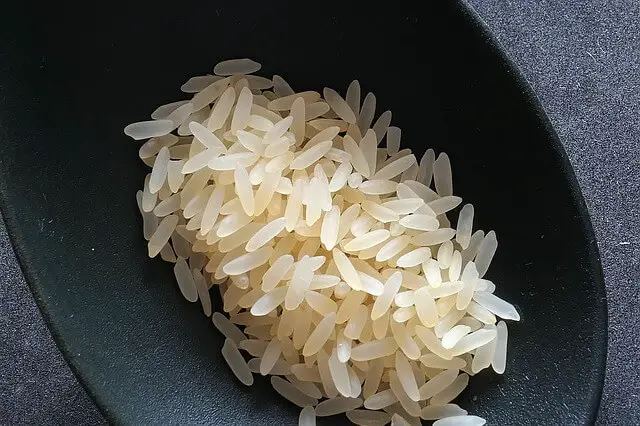
However, if your cat gets diarrhea or stomach discomfort, your vet may prescribe giving them a small amount of rice to help add some bulk to their stool.
Is white rice safe for cats to eat?
Brown rice is, in fact, unprocessed white rice. It's easier to digest because the bran, germ, and hull are removed from the grain. White rice is one of the easiest grains for cats to digest, according to experts, due to its blandness and low content of dietary fiber.
RELATED: What Human Foods Can Cats Eat? List of 24 Safe Human Foods
Is brown rice safe for cats to eat?
People who want to eat healthily prefer brown rice to white rice because it has a wide range of nutrients, including B vitamins, iron, selenium, magnesium, and fiber. What about cats? Is brown rice better for them, as well?
The unprocessed brown rice is more difficult for cats to digest. With the exception of fiber, brown rice will not be absorbed by their digestive system, nor will it provide the digestive system with any benefits.
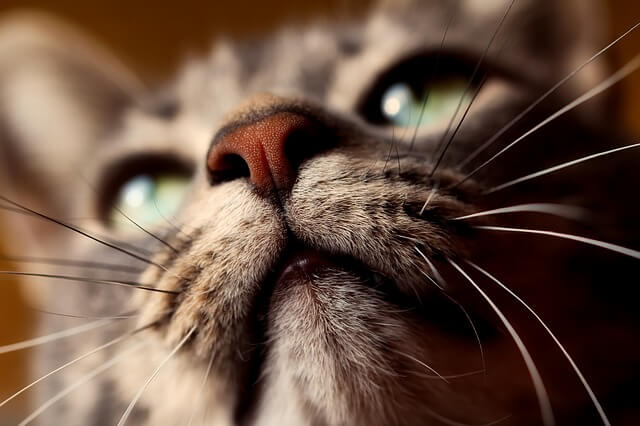
In the end, both types of rice can be consumed by cats if it is adequately prepared and fed in small portions.
When should cats avoid rice?
Rice is generally healthy for cats, but only in small amounts. Still, cat owners should be aware of the following exceptions:
- Certain cats have a hard time consuming new things. They may vomit or have digestive troubles if they aren't used to eating wheat. Having evolved to be meat eaters, cats' metabolic and gastrointestinal systems have adapted to the ingestion of meat, making rice potentially harmful to their health.
- Cats who eat a lot of rice are at risk of kidney failure. Taurine deficit was identified in cats placed on diets consisting of 25 percent rice bran. Only animal protein contains the amino acid taurine, which is essential for cats. Rice is also a good source of fiber. However, too much fiber causes diarrhea or constipation.
- Uncooked rice is not a safe option for cats' digestion and can cause bloating, gas, and other unpleasant symptoms. Furthermore, lectin, a natural insecticide found in rice, can cause nausea, vomiting, and diarrhea in those who consume it raw. If you detect bloating or soreness 24 hours after swallowing uncooked rice, you should take your feline buddy to the clinic.
- Ensure that the rice you feed to your cat is unseasoned. Things like onions and garlic are typical rice additives that can be harmful to cats. Garlic and onions contain a toxic chemical that can damage the cat's red blood cells through oxidative stress. Gastroenteritis, whose symptoms are diarrhea, oral irritability, and vomiting, can be caused by garlic.
- Rice contains loads of carbs, which can cause obesity in cats. Obese cats are at a higher risk of suffering from health problems such as diabetes.
- Having too much rice in their diet might lead to malnutrition. When cats eat rice, they may get full too soon and lose interest in the meat that is their real nutrition source.
How to safely include rice in your cat's diet?
When considering rice for your cat, you should know it's better to keep it out of their diet and only give it to them if they're experiencing minor diarrhea.
If you must feed them rice, do it sparingly and only if needed or recommended by your vet. Make sure it's cooked thoroughly and has no herbs or spices.
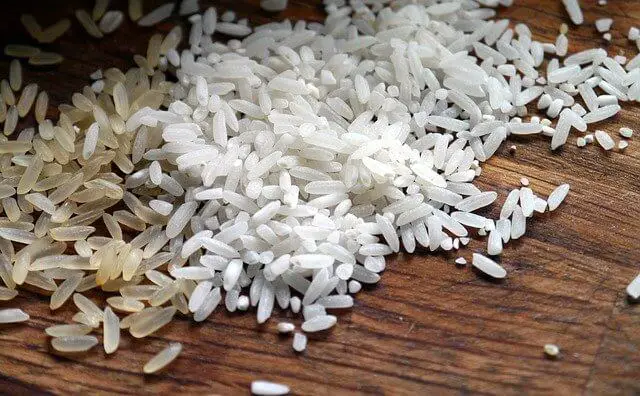
It is recommended that grains such as rice make up no more than twenty-five percent of your pet's total daily calorie intake. In other words, if you're going to give your cat rice, make sure meat products make up at least half of the ingredients. Check the ingredients on store-bought cat food as well. Many commercial cat foods claim meat is the main ingredient, but after careful reading, you might uncover that there are more grains than the more important ingredient - meat.
When dealing with diarrhea in cats, rice is a secret weapon all cat owners should know about. It's okay to serve brown or white rice for this purpose, so long as it's properly cooked and served unseasoned. A modest amount of cooked rice can help your cat's digestion by making the stool more solid. There are, however, many different ways to deal with diarrhea. That's why it's always smart to get advice from your veterinarian.
Rice alternatives
If you're adamant about feeding your cat human food, go to your vet first to make sure it's safe. The food you give to your cat should be unseasoned and free of seasonings like salt, onions, sugar, garlic, and components that could be toxic to cats.
It's better to feed your cat things like plain chicken, lamb, lean deli meats, liver, and beef. Cooked eggs are also a great option, and so is fish such as tuna and salmon.
Cats can also eat veggies and things like broccoli, carrots, pumpkin, and squash, when eaten in moderation, can be beneficial for certain cats. Fruits like watermelon and apples can also be eaten by cats in modest amounts.
Many veterinarians advocate feeding fiber-rich food to cats who have moderate cases of diarrhea. Rice and pumpkin are both excellent sources of nutritional fiber, which helps to keep your cat's bowel movements regular. Probiotic supplements, better water intake, and kaolin-pectin medicine may also be recommended by vets.
World Cat Finder Team

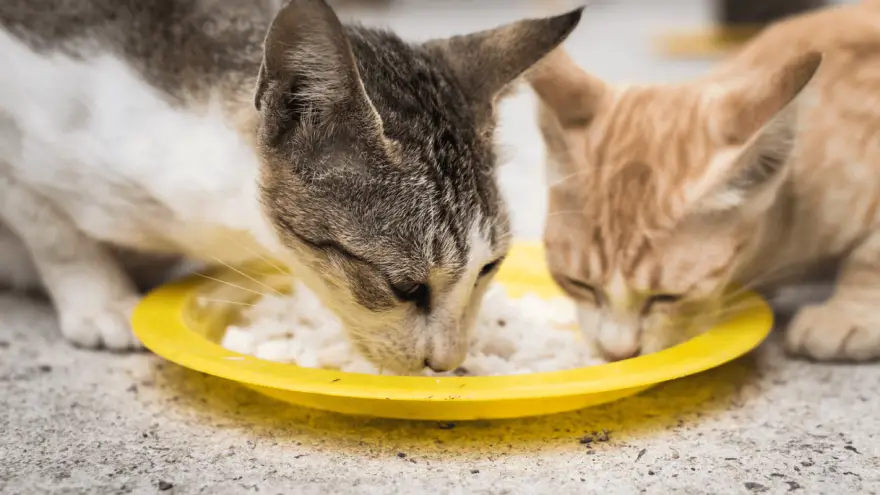

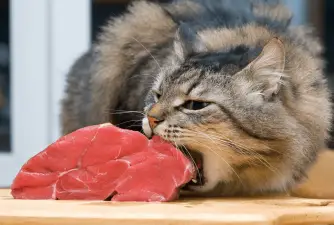
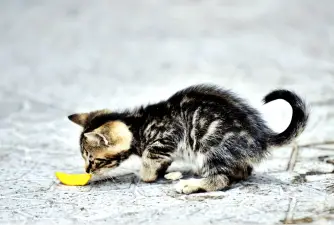
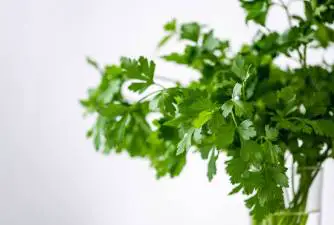

Share